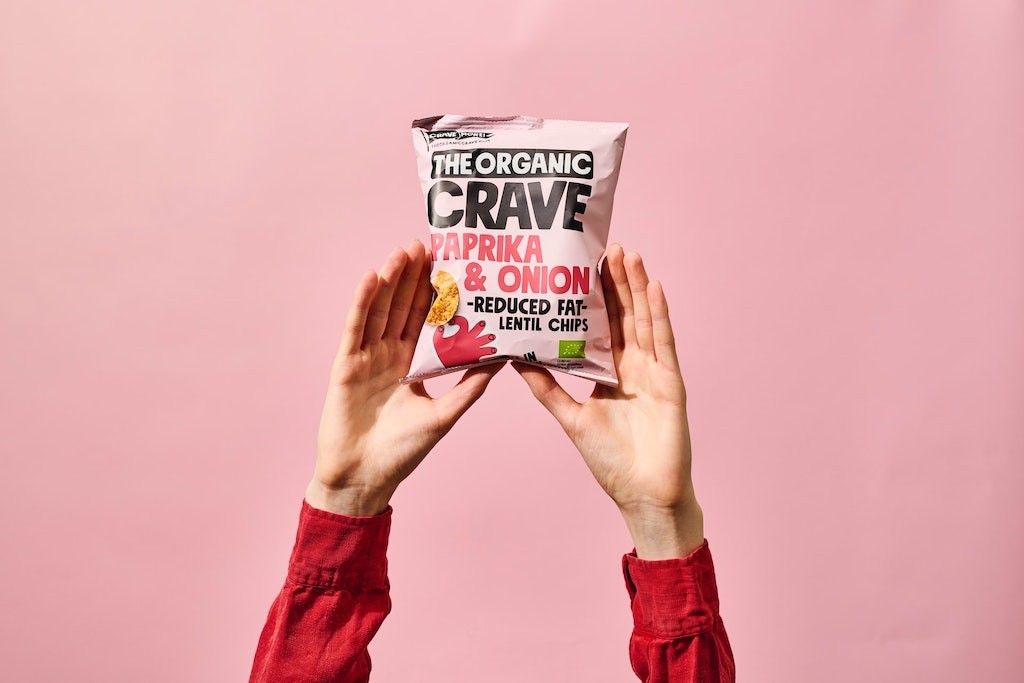Huddle in and hunker down, hibernation season is upon us. As the days get colder and the nights draw in, there’s nothing better than finding a good series to devote your evenings (and even a few of your days) to. Preferably, we should add, cosied up under your favourite blanket, an open fire – or simply, a candle – lit, and a mug of something warming sat in front of you.
Indeed, as the seasons change, so too do our viewing habits. According to research by the Broadcaster’s Audience Research Board (BARB), the UK’s daily screen time correlates closely with the average hours of daily sunshine and average temperatures. Autumn sees the average Brit watching 245 minutes of TV a day, whilst in winter, it’s 264 minutes, comfortably the most prolific season for TV. In summer, that figure drops to ‘just’ 227 minutes, and in spring, it rises slightly to 237.
Fascinating stuff, indeed, but not in the least bit surprising. If you’re getting ready to bring those average viewing figures up this autumn and winter, then why not optimise your viewing experience with these 5 TV watching tips you never knew you needed this hibernation season.
DELVE INTO THE BRITISH ARCHIVES
First things first, you need something to watch. If there is one thing we can be proud of in the UK, it’s our TV shows. A huge variety of UK programmes have made it onto the world stage, from period dramas and comedies to game shows and reality series.
The UK is one of the world’s most successful TV industries, according to statistics from Betway Casino. According to the figures published, the country’s TV industry generated £1.48 billion ($2.10 billion) in sales last year alone.
We’re here to take a closer look at these huge numbers, establishing exactly what shows can take credit for such success, and perhaps steering you in the direction of some great homegrown shows if you’re stuck for inspiration on what to watch next.
Sitcoms and dramas make up some of the most well-known UK programs, many of which have been translated into foreign versions. Our favourites include:
- The Office
- Chernobyl
- Misfits
- Doctor Who
Many of these shows have been very popular both on broadcast television and on streaming services. However, it’s not always sunshine and rainbows. The Inbetweeners and Skins came to the United States, but they didn’t have nearly as much success as their UK counterparts! We guess the niche humour didn’t quite cut through across the pond. This might be due to scripts not changing and failing to connect with audiences.
Despite the fact that scripted drama is still the biggest revenue source for UK TV exports, unscripted shows from the UK are incredibly influential, too. In reality, the United Kingdom is by far the largest source of global export sales for unscripted formats, making up 42% of total sales in 2020.
Unscripted shows include anything from reality dating series to talent competitions. International markets have purchased the following unscripted show formats:
- Love Island
- Britain’s Got Talent
- Strictly Come Dancing
- Planet Earth
- Great British Bake Off
What we’re trying to say is, although it’s always tempting to stay up to date with latest ‘must watch’ TV series, this hibernation season, why not delve back into the archives and enjoy some British classics. Because let’s be honest, right now, our arts scene is one of the better parts of the UK.

BINGE WATCH RESPONSIBLY
In a world of Netflix and Disney+, Amazon prime and Apple TV+, binge watching has become part of our everyday. Amazingly, it wasn’t so long ago that this was a completely unheard of concept; only in 2015 was ‘Binge-Watch’ declared word of the year by Collins.
We’ve all suffered from “one more episode” syndrome, with Squid Game being devoured in a single sitting or all five seasons of The Wire taking just a week to complete. But with the word ‘binge’ suggesting something unhealthy, we’re wondering if this is necessarily a bad thing?
There’s no doubt that binge watching is a stress reliever. Throughout the pandemic, this humble pastime offered us a chance to escape from the real world, and actually, that’s true whether we’re in the midst of a pandemic or not.
Interestingly, NBC News points to some other benefits of binge watching, including helping us to foster relationships with others who have been watching the same show, which in turn can help us feel part of a community.
And if you’ve ever wondered what happens to our brains when you binge watch a TV series, Dr. Renee Carr, Psy.D, a clinical psychologist, explains (via NBC News) that “When engaged in an activity that’s enjoyable such as binge watching, your brain produces dopamine.” As such, you experience a “drug-like high” when you binge watch as your brain is continually producing dopamine. Lovely stuff and much healthier than, you know, actual drugs.
However, what goes up must come down, and binge watching can have its downfalls too. After a program has ended, we can enter a state of situational depression. Also, as Washington Post reports, research points to a “link between binge-watching and poor lifestyle choices such as opting for unhealthy meals, unhealthy snacks and sedentary behaviors”.
That article goes on to single out Netflix, in particular, as being harmful to your sleep. Considering the Washington Post is owned by Jeff Bezos, who also owns Amazon Prime (a Netflix rival) we’re treating this one with a healthy dose of scepticism.
Anyway, according to Dr. Carr, there are ways you can mitigate the negative effects of binge watching. She recommends that “You can engage in healthy binge-watching by setting a predetermined end time for the binge. For example, commit to saying, ‘after three hours, I’m going to stop watching this show for the night’.”

SORT OUT YOUR SNACK GAME
Go on, admit it; when you’re dough balls deep into an episode of Bake Off, an insatiable urge for sweet treats takes over.
Or, perhaps you’ve been watching Snack Masters, the show where Fred Siriex tasks top chefs with recreating the nation’s favourite snacks, and you’ve suddenly come over all hot and bothered about Wagon Wheels.
It’s no secret that things like chocolate, crisps, biscuits and pastries are loaded with things that are bad for us. And sure, the occasional treat is absolutely fine; we all deserve an indulgence or two, after all.
But the convenience of a chocolate bar or packet of crisps lies in their convenience; they require absolutely no preparation or clean-up. They’re easy, and that’s why their habitual consumption can be so tricky to shake. If you want to introduce healthier snacks to your TV watching routine, you’re going to need to be proactive.
Stock your cupboard up for hibernation season and prepare some healthy snacks so it’s ready to go when you get snacky. Make sure that you have plenty of fruit around so there’s no excuse for skipping your five a day. If that’s not convenient, think about picking up some packets of dried fruits and nuts for satisfying that “just need a nibble on something” moment – dried banana chips, goji berries and salted cashews (just a handful) is about as satisfying a snack as you can get, by the way.
Read: Ideal snacking tips everyone should know

WORKOUT WHILE YOU WATCH
Hey, this period of hibernation doesn’t have to be spent in a sedentary fashion. Instead, why not take the opportunity to catch up on your favourite shows and your fitness by working out while you watch?
We all do it when we’re at the gym, after all, with our eyes glued to those mini screens, our attention diverted from the buildup of lactic acid in our calves. Translate this energy into the home setting by investing in a home exercise bike, domestic treadmill or set of weights, and mix the business of getting buff with the pleasure of watching some great television.
Read: 5 IDEAL pieces of equipment to take your home gym to the next level
THE RIGHT LIGHTING
Finally, let’s think about living room lighting. We mentioned hibernation season in the title, so it’s essential that your TV watching set up is bathed in a warm, cosy glow conducive to relaxation. Generally speaking, watching TV in pitch black is a mistake; it can cause eye strain, fatigue and headaches. And that’s before we consider the detrimental effects of blue light on your sleep.
On the flip side, watching TV with the overhead light on full blast feels, frankly, perverse. Doing so certainly won’t get you in that relaxed, snug frame of mind. Instead, opt for dim lights, preferably provided by a variety of lamps and candles (or even a dimmer switch) for maximum comfort and cosiness.





